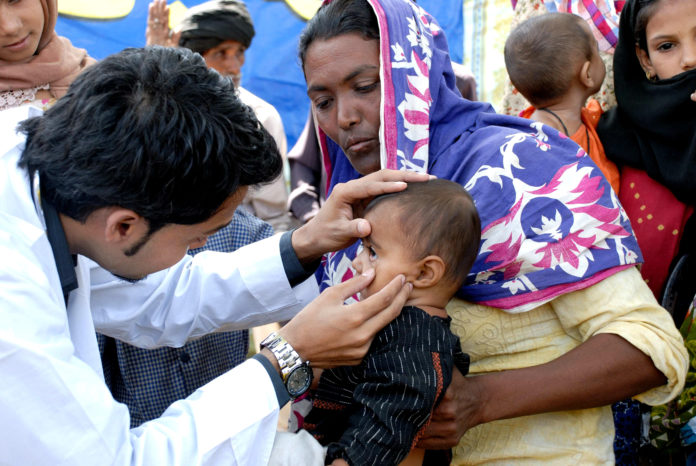The general practitioner is a breed that has died out over the years
The “last mile connectivity” between the two arms of Ayushman Bharat – the ambitious Rs 5 lakh annual health cover scheme and prevention through health and wellness centres – could be the general practitioner.
In an interview to The Indian Express, Dr V K Paul, member Niti Ayog said that one of the targets of Ayushman Bharat is to assign “gatekeeping” role to primary care providers – in other words general practitioners who have disappeared over the years. The idea, Paul said in the interview is that no patient reached a secondary health centre before s/he is examined by the GP. This would not only take away undue pressure in tertiery care centres such as All India Institute of Medical Sciences but also ensure that the family physician who has always been the first stop for diagnosis would make a comeback.
The gatekeeping function is inspired by the National Health Service of the United Kingdom. For India the option is not immediately feasible because of a supply side constraint.
While the National Health Protection Mission under which 10.74 crore families will get an annual health cover has been more in the news, Ayushman Bharat also envisages setting up of 1,53,000 health and wellness centres.
GPs have been the biggest casualty of the advent of big private hospital chains and an ever increasing demand for specialists
GPs have been the biggest casualty of the advent of big private hospital chains and an ever increasing demand for specialists. This means that while on the one hand big hospitals get crowded with people rushing to a gastroenterologist even for a stomach bug, on the other it also means that preventive medicine has been neglected.
Earlier when every family had a family physician, there was the concept of periodic health checks that could be done at a nominal cost. Now that is only done with the whole body check up at corporate hospitals that costs several thousand rupees and therefore puts many people off. The concept of treating the patient as a whole rather than a conglomerate of body parts has also receded. Specialists in big hospitals rarely have the time to delve into the personal or family issues of patients.
Paul’s statement raises hopes of a revival of the GP.


